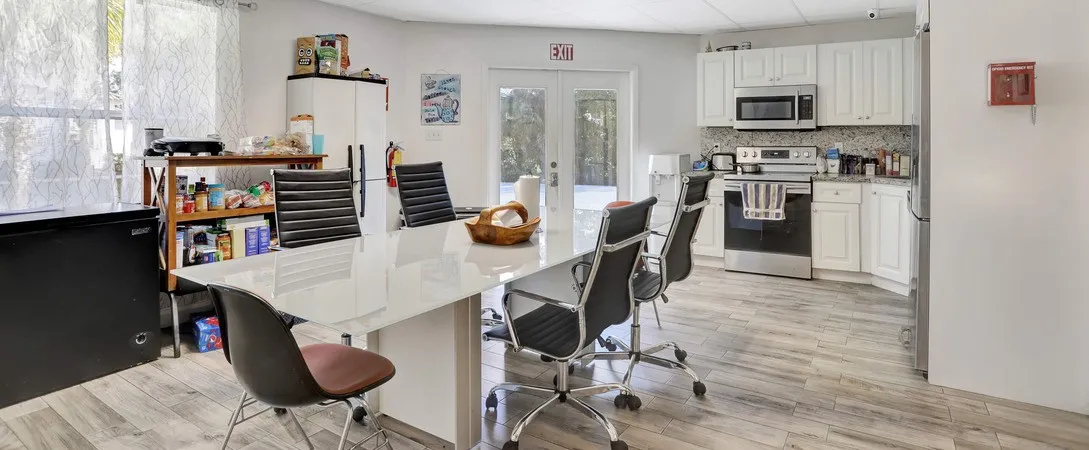Benzodiazepines or “benzos” are a class of depressant medications. They are considered a controlled substance in the United States as the potential for benzodiazepine abuse and dependence is high. Benzodiazepine abuse typically begins in one of two ways. Often a person has been prescribed a benzodiazepine medication, like Xanax or Klonopin, and begins taking more than prescribed. Benzodiazepine abuse frequently occurs when someone buys this medication illegally online or off the street and takes it recreationally.
These medications are often prescribed for anxiety disorders, including panic attacks, but they are sometimes prescribed for other conditions, such as insomnia. The potential for abuse is relatively high because benzos create a sense of well-being and calm that people find alluring, and if the medication is taken regularly for even as little as 2-3 weeks, a person will experience physical withdrawal if they stop using it abruptly. It is also possible to build a tolerance to the medication over time. Someone prescribed a benzodiazepine and taking it daily may find that it no longer has the same effect after a few years and become tempted to take more than they are prescribed.
Benzodiazepine Withdrawal Can Be Fatal
Benzodiazepines are one of only three drug categories with potentially fatal withdrawal symptoms. The other two are alcohol and barbiturates. It is absolutely essential that you NEVER attempt to detox yourself off of benzodiazepines or stop taking them abruptly without medical supervision. There is a very real potential for withdrawal seizures, which can be deadly. A benzodiazepine detox or taper must always be done under a doctor’s supervision.
Some Potential Risk Factors in Benzodiazepine Withdrawal are:
- Poor overall physical health
- Advanced age (over 65 years old)
- Regular alcohol consumption or alcoholism
- Previous history of seizures (for any reason)
- Long-term use of benzodiazepines (5+ years)
- Taking certain other medications along with benzodiazepines.
- Taking more than prescribed or more than a typical prescription dose.




